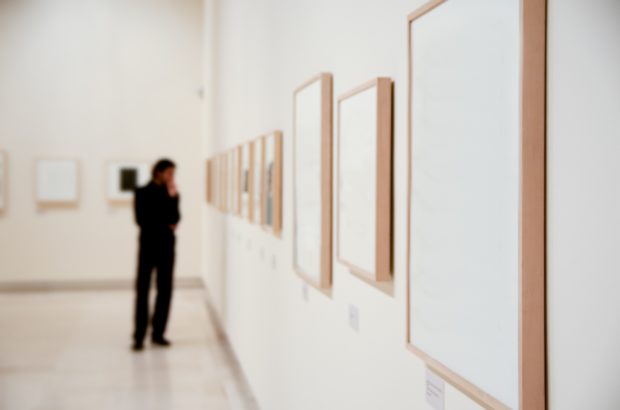Abstract art can change our vision of time and space, new study finds

Image: mmac72/IStock.com via AFP Relaxnews
As many of us have experienced the joy of getting lost in artwork, a new study reveals that abstract art has qualities that help us put aside the minutiae of our daily life.
The research, published in the journal Proceedings of the National Academy of Sciences, shows that our mind processes abstract art and figurative art very differently.
Researchers at Columbia University have found that abstract art is evocative of greater psychological distance than representational paintings, as it shifts our cognitive state away from concrete details.
For the study, some 840 participants were asked to play the role of an art curator and look at 21 paintings by Chuck Close, Clyfford Still, Mark Rothko and Piet Mondrian.
While the artworks ranged from figurative to semi-representational to purely abstract, participants were invited to place each painting in an exhibition.
In an effort to evaluate the correlation between psychological distance and abstraction, researchers gave them the opportunity to display the work “tomorrow” or “in a year,” as well as in a gallery “around the corner” or “in another state.”
Participants consistently placed more abstract paintings in the hypothetical exhibitions held far away in the distant future, while more figurative pieces went to the shows held closer in time and space.
“Overall, we found that abstract art was more likely to be assigned to the more distant situation,” the authors wrote in the study.
While these results might come as a surprise, researcher Daphna Shohamy notes that we tend to think of psychologically distant moments in terms of concepts rather than details.
“The picnic happening tomorrow will be represented by its concrete features: what to eat, which park to go to. While the picnic happening in one year will be represented by its more abstract features: how much fun you will have with friends,” Shohamy, who is an associate professor of psychology at Columbia University and co-author of the study, told Inverse.
The same phenomenon happens when it comes to our own perception of abstract art, as predicted Dutch painter Piet Mondrian when he claimed in his essays that abstract art is able to reveal “laws hidden in the reality that surrounds us and do not change.” IB
RELATED STORIES:
VR art show is gallery of future, say organizers